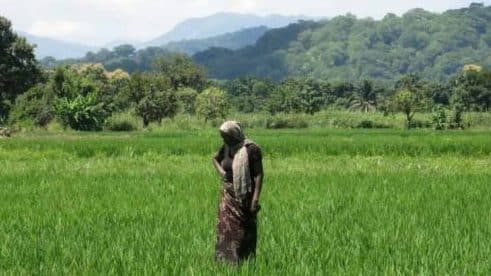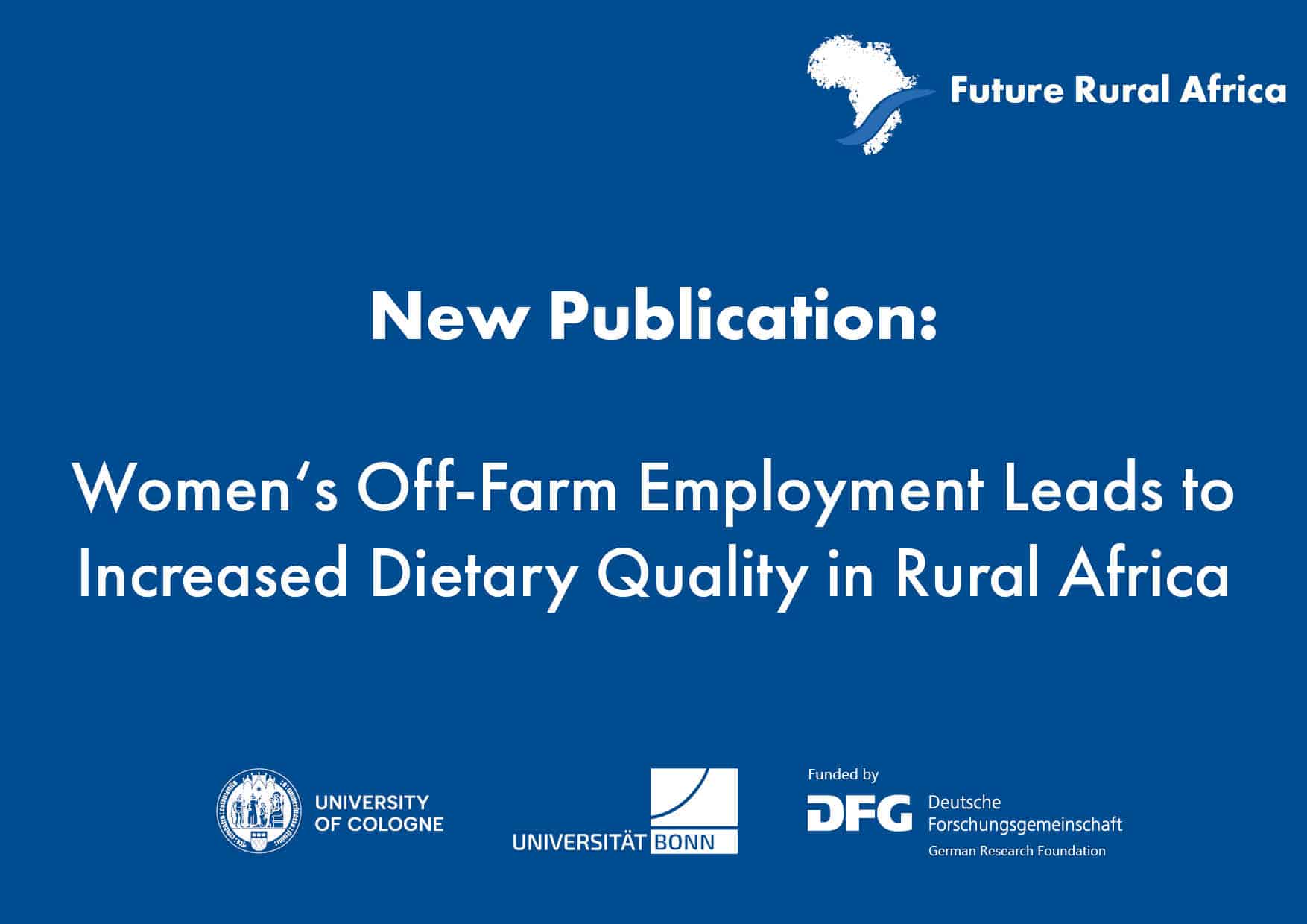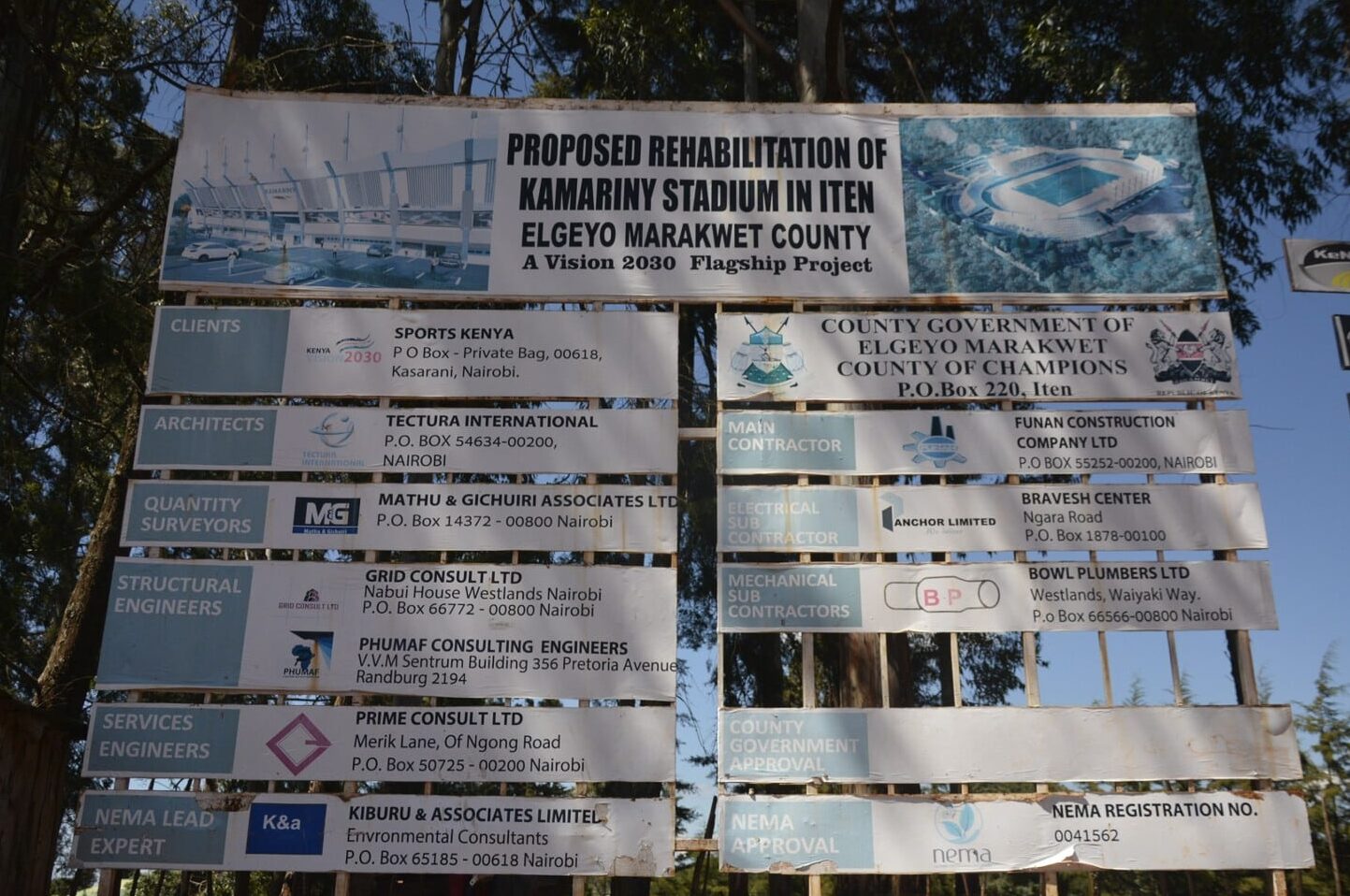New Review Article: Linking integrative plant physiology with agronomy to sustain future food production
Two billion people do not know where they can find their next meal and 800 million suffer from consequences of chronic hunger (FAO 2019). More than half of global child deaths are caused by hunger and malnutrition (UNICEF 2018). Food production in developing countries must double until 2050 under shifting climate conditions (FAO 2017). Rural African farmers such as the one shown above are facing highly uncertain futures caused by frequently changing development policies which often conflict each other. They ask themselves: How shall I cultivate my plots in an uncertain future? Shall I expand or give up farming and move to the city? What will I eat tomorrow? Will my family be able to conduct a healthy and productive life in the future? Traditional agronomic research limits adaptation options to well-intended optimization of crop productivity. However, as an international report on the application of agricultural knowledge in development countries prepared by 800 development stakeholders from 86 countries admitted, “despite significant scientific and technological achievements in our ability to increase agricultural productivity, we have been less attentive to some of the unintended social and environmental consequences of our achievements” (IIASTD 2009). Sensible solutions are required which establish true balances between social, ecological and economic sustainability of farming practices.
Having returned from farmer interviews conducted with colleagues from this CRC in the Kilombero Valley of Tanzania in August 2019, I started preparing a conference talk about fusing molecular biological data analyzing methods with crop modeling approaches applying machine learning to explain yield variations in oilseed-rape hybrids analyzed in a public-private partnership collaborative research project. How extremely far apart these two different worlds are I thought: Farmers with little access to knowledge, struggling to survive under highly uncertain socio-ecological circumstances on the one hand, and scientists operating at high levels of methodological and technical sophistication to understand plant functions on the other. Being impressed by rural lives of African farmers (which is less romantic as we might think), I felt compelled to establish a connection between both worlds during the talk. The purpose of the conference was to strengthen dialogues between plant physiologists working at different levels of plant system organization (International Conference Integrative Plant Physiology, Sitges, Spain 29-31 October 2019). The last slide of the talk showed the farmer pictured above and I placed a sketch next to it which depicted an idea of how linkages between plant molecular biology and agronomy could be possibly improved for the benefit of such farmers. One of the participants and a co-author of the article introduced in this blog cautioned that the concept will not work if the social circumstances under which they are applied are not considered. I responded that project ‘Agro-Futures’ (A3) of this CRC is investigating the social environments of rural farmers in the context of agronomic studies to understand their concepts of future-making, an approach which could possibly be applied in developing such solutions. Further discussions followed and I asked colleagues I had not interacted with before if they had an interest in contributing to a review article on linking integrated plant physiology with agronomy to sustain future food production. What followed was a wonderful collaborative writing effort which was characterized by open-mindness, pluralism and devotion to develop a transdisciplinary research concept connecting genes, plants and people.
The concept of integrative plant physiology is introduced in the opening section of the article followed by nine examples how integrative plant physiology can be linked with agronomy. A framework of transdisciplinary inquiry is proposed in the closing section to improve societal relevance of the suggested research approaches. It promotes rethinking plant production research strategies towards developing sustainable solutions for securing food security based on understanding local cultures and taking nature as a design principle.
We hope that you enjoy reading this article as much as we did writing it. It can be downloaded for free until September 17, 2020 using this link
Langensiepen, M.,Jansen, A., K., M., Wingler, A., Demmig-Adams, B., Adams III, W., W., Dodd, I., C., Fotopoulos, V., Snowdon, R., Fenollosa, E., De Tullio, M., C., Buck-Sorlin, G., Munné-Bosch, S. (2020): Linking integrative plant physiology with agronomy to sustain future plant production. Environmental and Experimental Botany, Volume 178, Article Number 104125, DOI.
References
FAO, 2017. The Future of Food and Agriculture. Trends and Challenges. Food and Agriculture Organization of the United Nations, Rome. http://www.fao.org/3/a-i6583e.pdf (Accessed 11 August 2020)
FAO, 2019. The State of Food Security and Nutrition in the World. Food and Agriculture Organization of the United Nations, Rome. http://www.fao.org/3/ca5162en/ca5162en.pdf (Accessed 11. August 2020)
IAASTD, 2009. Agriculture at a Crossroads: Synthesis Report. International Assessment of Agricultural Knowledge, Science and Technology for Development (IAASTD) Island Press, Washington DC, USA. https://www.weltagrarbericht.de/fileadmin/files/weltagrarbericht/IAASTDBerichte/SynthesisReport.pdf (Accessed 11. August 2020)
UNICEF, 2018. Levels and Trends in Child Mortality Report 2018. https://www.unicef.org/publications/index_103264.html (Accessed 11. August 2020)
Author: Matthias Langensiepen
Contact: mlang@uni-bonn.de






